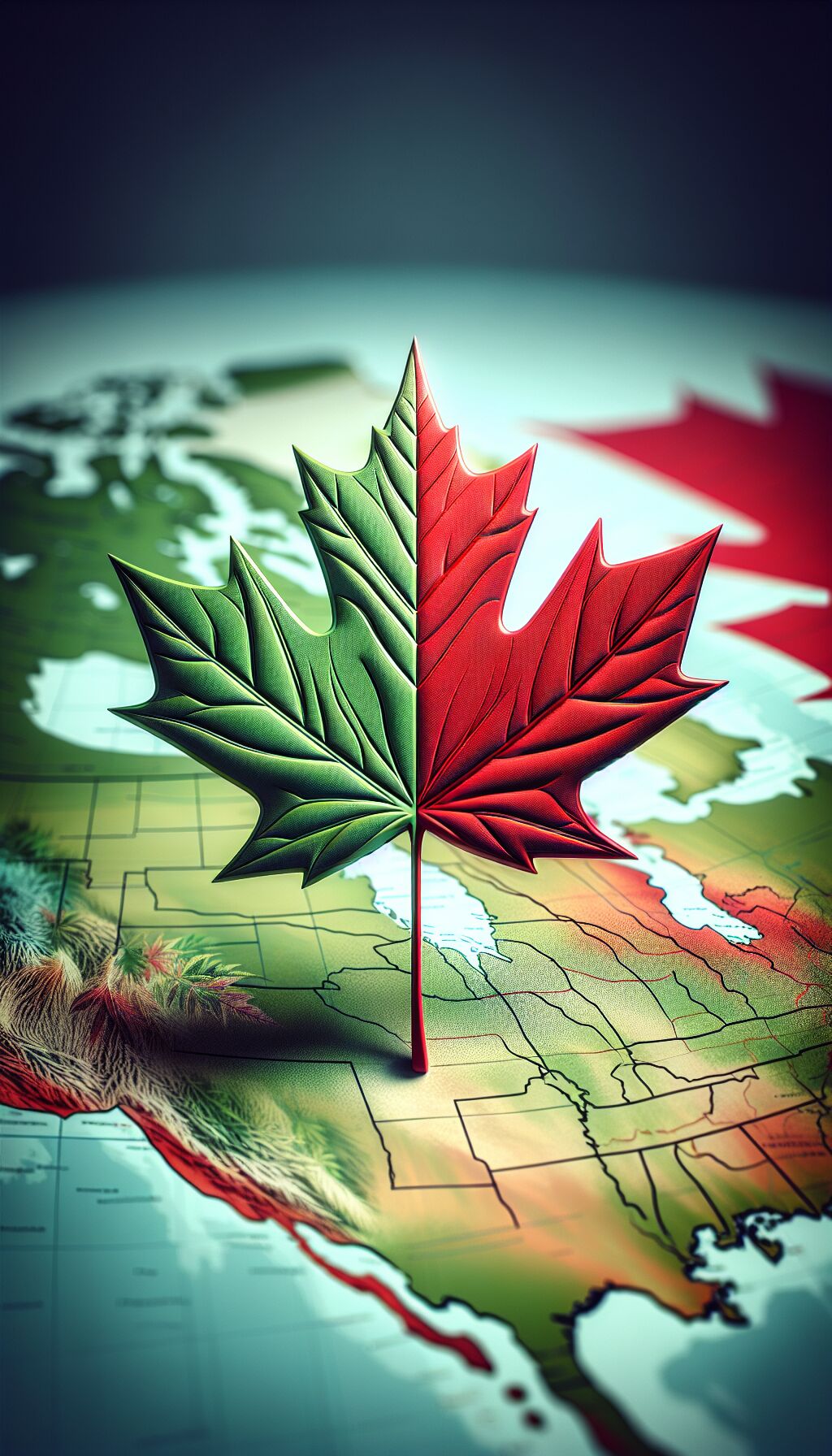Trudeau Responds to Trump’s ’51st State’ Suggestion Amid Tariff Threats
By a Fox News Contributor
Canada’s Sovereignty in Question
In a recent interview, Canada’s outgoing Prime Minister Justin Trudeau addressed suggestions from President-elect Donald Trump that Canada ought to consider becoming the United States’ “51st state.” Trudeau dismissed this notion, emphasizing that it serves as a distraction from the significant economic issues at stake, particularly the looming threat of tariffs on Canadian goods.
During his appearance on MSNBC’s “Inside with Jen Psaki,” Trudeau asserted, “I know that as a successful negotiator, he likes to keep people a little off balance. The 51st state, that’s not going to happen. It’s just a non-starter. Canadians are incredibly proud of being Canadian.” This statement comes as discussions about potential 25% tariffs on steel and aluminum from Canada intensify.
The Economic Impact of Tariffs
Trudeau highlighted the consequences that such tariffs could have on American consumers, stating, “No American wants to pay 25% more for electricity or oil and gas coming in from Canada.” He stressed the importance of shifting the dialogue back to the real economic impact of these threats, urging Americans to consider how increased tariffs would worsen living costs and harm a well-functioning trading relationship.
Trump’s proposed tariffs on Canadian imports could signal a major shift in U.S.-Canada relations, which have traditionally been defined by strong trade ties. Trudeau pointed out that Trump’s rhetoric might be diverting focus from substantial economic discussions to hypothetical scenarios of sovereignty.
Trudeau’s Resignation and Political Climate
Adding further complexity to Canada’s political landscape, Trudeau recently announced his decision to resign as Prime Minister following his Liberal Party’s leadership election on March 9. This resignation, against the backdrop of rising tensions with the U.S., leaves a significant gap as Canada navigates its future foreign policy.
A Mutual Respect Amidst Tension
Despite the current tensions, Trudeau reflected on previous conversations with Trump, where the latter expressed admiration for Canada. “From my very first conversations with him back in 2016, he told me how much he admires Canada, how much he appreciates and likes us,” Trudeau remarked. “He’s right; we are great. We’re also very, very proud of being Canadian. If you talk to any Canadian… one of the things we will point out is, ‘and we’re not Americans.’”
Previous Tariffs and Responses
Trudeau noted that during Trump’s previous term, tariffs were imposed on steel and aluminum imports, which prompted Canada to retaliate with its own tariffs on various U.S. products, including bourbon and Harley Davidson motorcycles. “It ended up causing a lot of loss in American businesses for whom Canada is their number one export partner,” he added, emphasizing that this ongoing tit-for-tat could severely impact American jobs.
The Reality of Oil Dependency
In defense of Canada’s crucial role in the U.S. energy landscape, Trudeau pointed out that nearly a quarter of American oil consumption comes from Canada, debunking Trump’s claim that the U.S. does not need Canadian resources. Trudeau stated, “The energy-rich western province of Alberta exports 4.3 million barrels of oil a day to the U.S.,” reinforcing the argument that cooperation is fundamentally beneficial to both nations.
Border Security and Trade Relations
Trump has indicated that he might reconsider his tariff threats if Canada enhances its management of border security, a prevalent concern among Trump’s advisors regarding illegal immigration. However, Trudeau countered that less than 1% of illegal immigrants and fentanyl enter the U.S. from Canada, presenting facts to diminish the weight of the border security argument.
Nonetheless, Trudeau expressed a willingness to discuss border security enhancements, indicating that he aims to keep open lines of communication in hopes of alleviating trade tensions.










